Group
Lund University

Marie Dacke
Principal Investigator
Marie Dacke is Professor of Sensory Biology at Lund University, where she is an expert in neuroethology and animal orientation. Her studies of the compass systems used by South African dung beetles revealed the first evidence of an animal able to use the dim pattern of polarized moonlight and the Milky Way as a compass. The identification and establishment of this model organism within the field of orientation provides an excellent platform to formulate a universal model for how animals are able to traverse the different habitats of our globe.
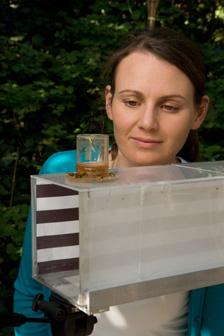
Emily Baird
Principal Investigator
Emily Baird is a Senior Lecturer in Functional Morphology at Stockholm University in Sweden. She received her PhD in Neuroscience at the Australian National University, where she began her research into insect movement control and navigation. Her research interests extend into insect navigation behavior, using micro computed-tomography to reconstruct the visual systems of insects and creating mathematical and robotic models of insect movement to better understand how brains generate complex behavior.
Kiel University
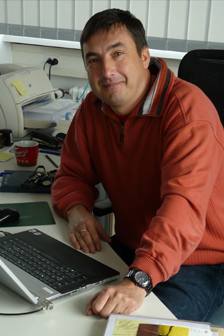
Stanislav N. Gorb
Principal Investigator
Stanislav Gorb is Professor and Director at the Zoological Institute of the Kiel University, Germany. He received his PhD degree in zoology and entomology at the Schmalhausen Institute of Zoology of the Ukrainian Academy of Sciences in Kiev (Ukraine). Gorb’s research focuses on morphology, structure, biomechanics, physiology, and evolution of surface-related functional systems in animals and plants, as well as the development of biologically inspired technological surfaces and systems. Gorb has authored several books, more than 500 papers in peer-reviewed journals, and four patents.
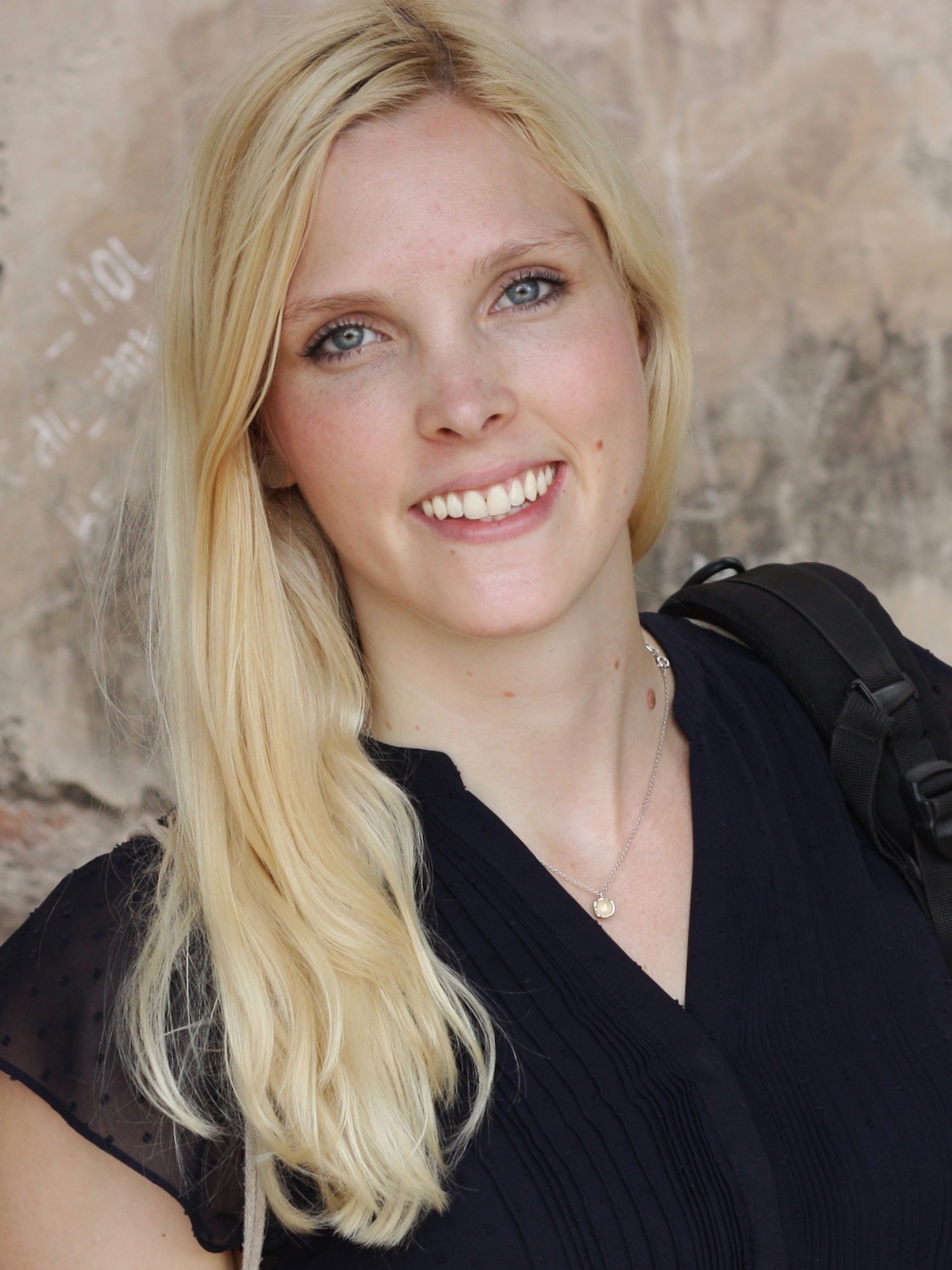
Nienke Bijma
Researcher
Nienke Bijma is a Ph.D student at the department of Functional Morphology and Biomechanics at the Zoological Institute of the Kiel University, Germany. She received her M. Sc. Degree in Biology at the Kiel University in 2017. During her study her interest in understanding the complexity of locomotion grew. Her research interests include muscle function during terrestrial locomotion, functional adaptations of the legs and mechanical properties.
University of Southern Denmark

Poramate Manoonpong
Principal Investigator
Poramate Manoonpong is an Associate Professor of Embodied AI & Robotics at the University of Southern Denmark (SDU), Denmark. He received his PhD in Electrical Engineering and Computer Science at the University of Siegen, Germany. He has a strong background on neural control, learning, and memory for robotics (neurorobotics), bio-inspired robotics, and Embodied AI. His research interests include machine learning for robotics, biomechanics, neural dynamics and synaptic plasticity, embodied cognitive systems, orthopaedic devices, exoskeletons, brain-machine interface, human-machine interaction, service/inspection robots.

Jørgen C. Larsen
Principal Investigator
Jørgen Christian Larsen is an Associate Professor in Embedded electronics and Artificial Intelligence at the University of Southern Denmark (SDU), Denmark. He received his PhD in Robotic Systems at the Maersk Mc-Kinney Moller Institute, University of Southern Denmark. During his PhD, he worked on the EU Project Locomorph. Currently, his research interests cover areas from Embodied Artificial Intelligence, Embedded Electronics, FPGA control and design, Cyber Physical Systems, Bio-inspired robotics, Biomechanics, Service/Inspection robots.
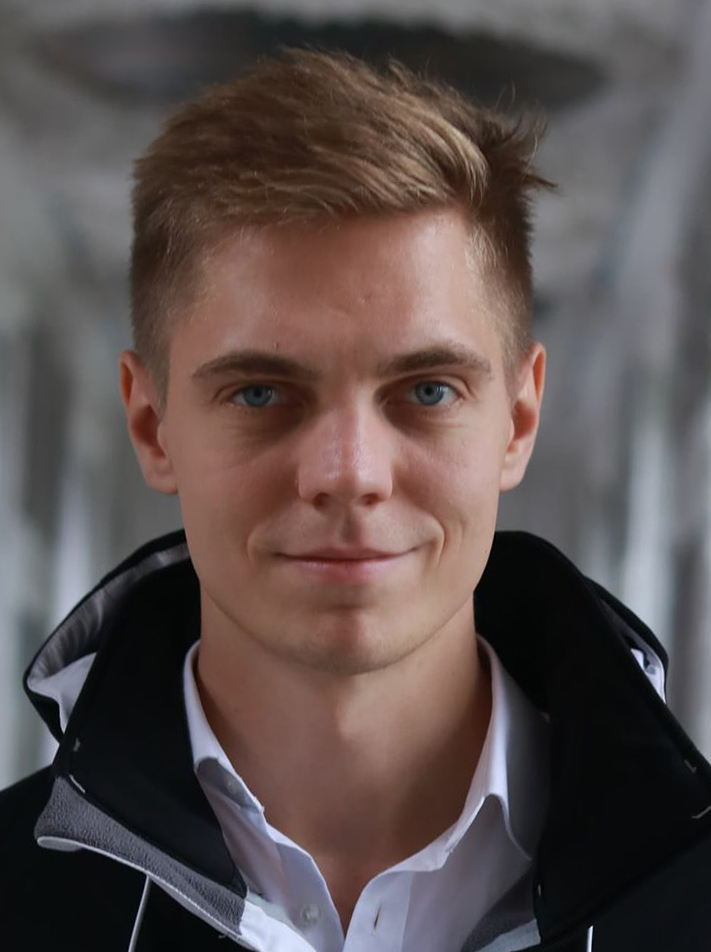
Peter Billeschou
Researcher
Peter Billeschou is a Ph.D. student at the Embodied AI & Robotics lab at the University of Southern Denmark (SDU) and is specialized in using biological and technical knowledge to create bio-inspired robots. Peter holds a MSc in Biomedical Engineering from the University of Strathclyde and has previously developed medical devices, stent graft implants, hydraulic actuators, robot manipulators and end-effectors. His research interests include bio-inspired robot kinematics, high energy density actuators, proprioceptive motors, topological optimization, industrial robots, prosthetics, exoskeletons, rehabilitation equipment and inspection robots.
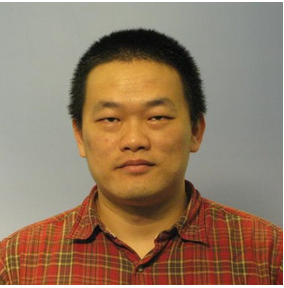
Xiaofeng Xiong
Researcher
Xiaofeng Xiong is a postdoc in the Embodied AI & Robotics lab at the University of Southern Denmark (SDU), Denmark. He received his PhD in Computer Science at the University of Göttingen (Germany) where he began his research into insect-like locomotion control. His research interests focus on musculoskeletal computation, insect-like navigation computation, neural locomotion control, and adaptive compliance control.